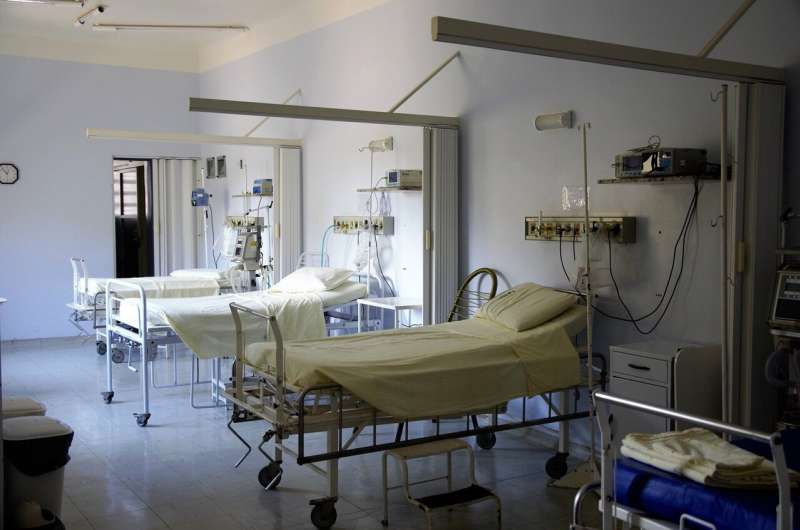Medical News & Research
Latest findings and developments in medical research and healthcare.
Sustainable Practices in Healthcare: Is Reusing Medical Equipment Safe?
Exploring the safety and environmental benefits of reusing medical equipment, a recent study highlights sustainable solutions in healthcare that do not compromise patient safety while significantly reducing waste and emissions.
Essential Insights from a Respiratory Specialist on Managing and Understanding Asthma
Learn essential insights from a respiratory specialist on the causes, diagnosis, and latest treatment options for asthma, emphasizing the role of environment and allergy management.
Impact of Extreme Temperatures on Mental and Physical Health: Insights from Karachi
Extreme heat in Karachi severely impacts residents' mental and physical health, highlighting the urgent need for resilient infrastructure and community support during climate crises.
Understanding How Your Immune System Maintains Balance: Insights from the 2025 Nobel Prize
Discover how the 2025 Nobel Prize-winning research on regulatory T cells and the FOXP3 gene is transforming our understanding of immune tolerance, paving the way for new treatments for autoimmune diseases and cancer.
Impact of Hair and Skin Characteristics on Brain Imaging: Enhancing Inclusivity in fNIRS Research
Recent research highlights how hair and skin features impact fNIRS brain imaging signals, emphasizing the need for more inclusive neuroimaging methods to ensure diverse populations are represented in neuroscience research.
Innovations in Remote Monitoring Technologies for Post-Joint Replacement Care
Recent developments in remote monitoring technologies are transforming post-joint replacement care by enabling real-time, personalized patient assessment and improving recovery outcomes. Researchers highlight innovative sensors and systems that enhance orthopedic recovery monitoring.
New Benchmark Defines Colon Cancer Cure After Six Years of No Relapse Risk
A comprehensive study has established that colon cancer patients can be considered cured after six years without relapse, when the risk drops below 0.5%. This new benchmark offers a clearer definition for long-term remission and improves patient care strategies.
Australia's Gambling Harm Underreported as Regulatory Failures Persist
Investigations reveal that Australia's gambling-related harm, including suicides, is underreported, and regulatory failures continue to exacerbate the crisis. Urgent reforms are needed to protect vulnerable populations.
Innovative Nanotech Enables Quick Assessment of Fruit and Vegetable Vitamin C Levels
A new nanotechnology developed by the University of Queensland enables quick, easy assessment of vitamin C levels in fruits and vegetables using color-changing probes, with applications in food safety and sustainable agriculture.
Debunking Concerns About Calcium Supplements and Dementia Risk
New research shows that calcium supplements do not increase dementia risk in older women, reassuring clinicians and patients about their safety for brain health.









